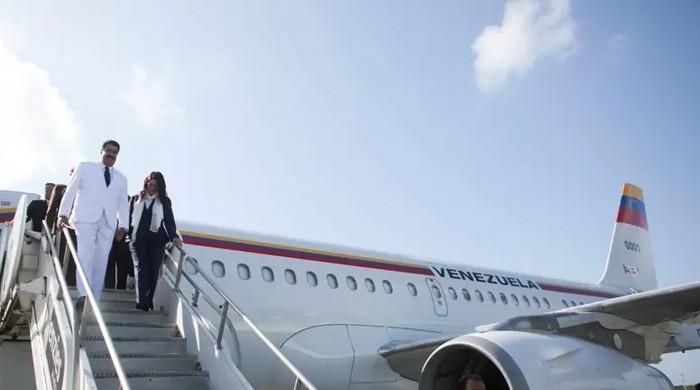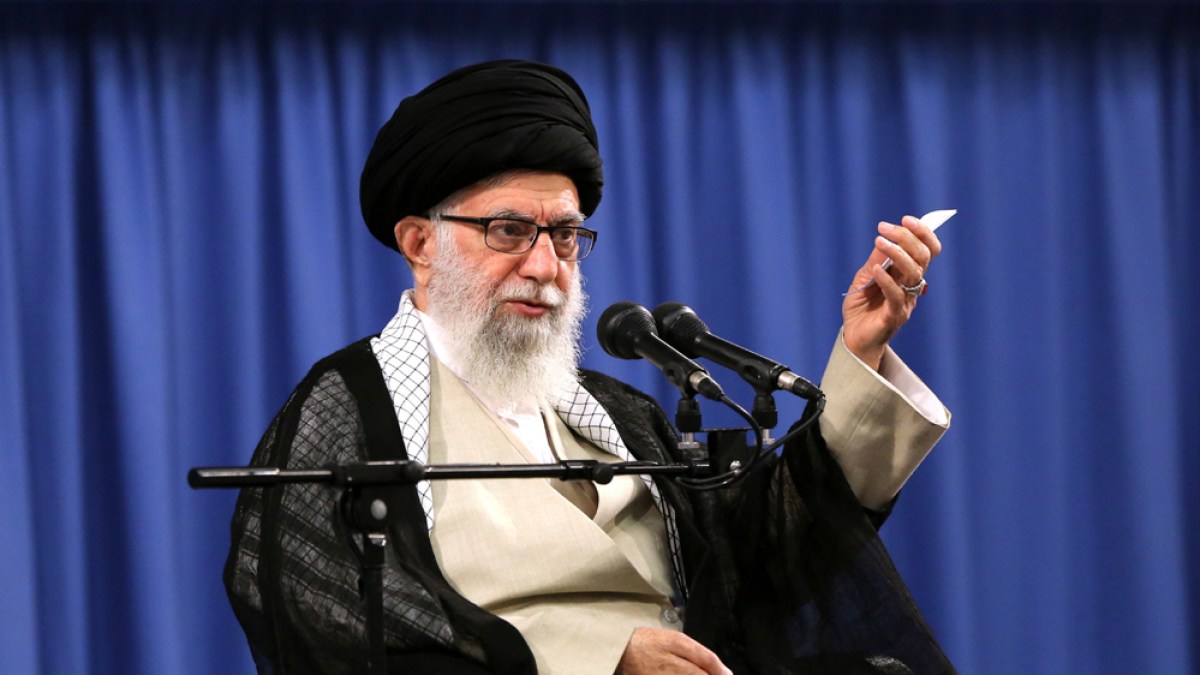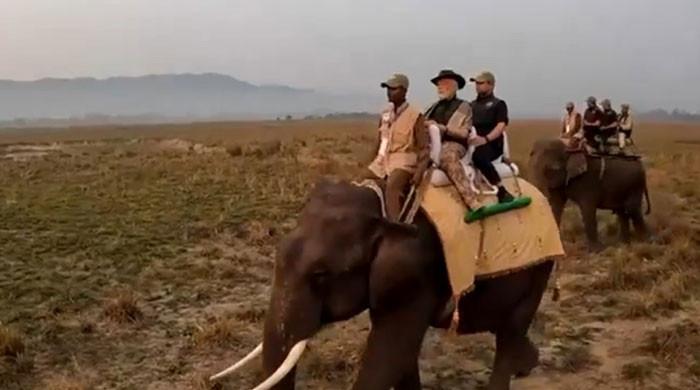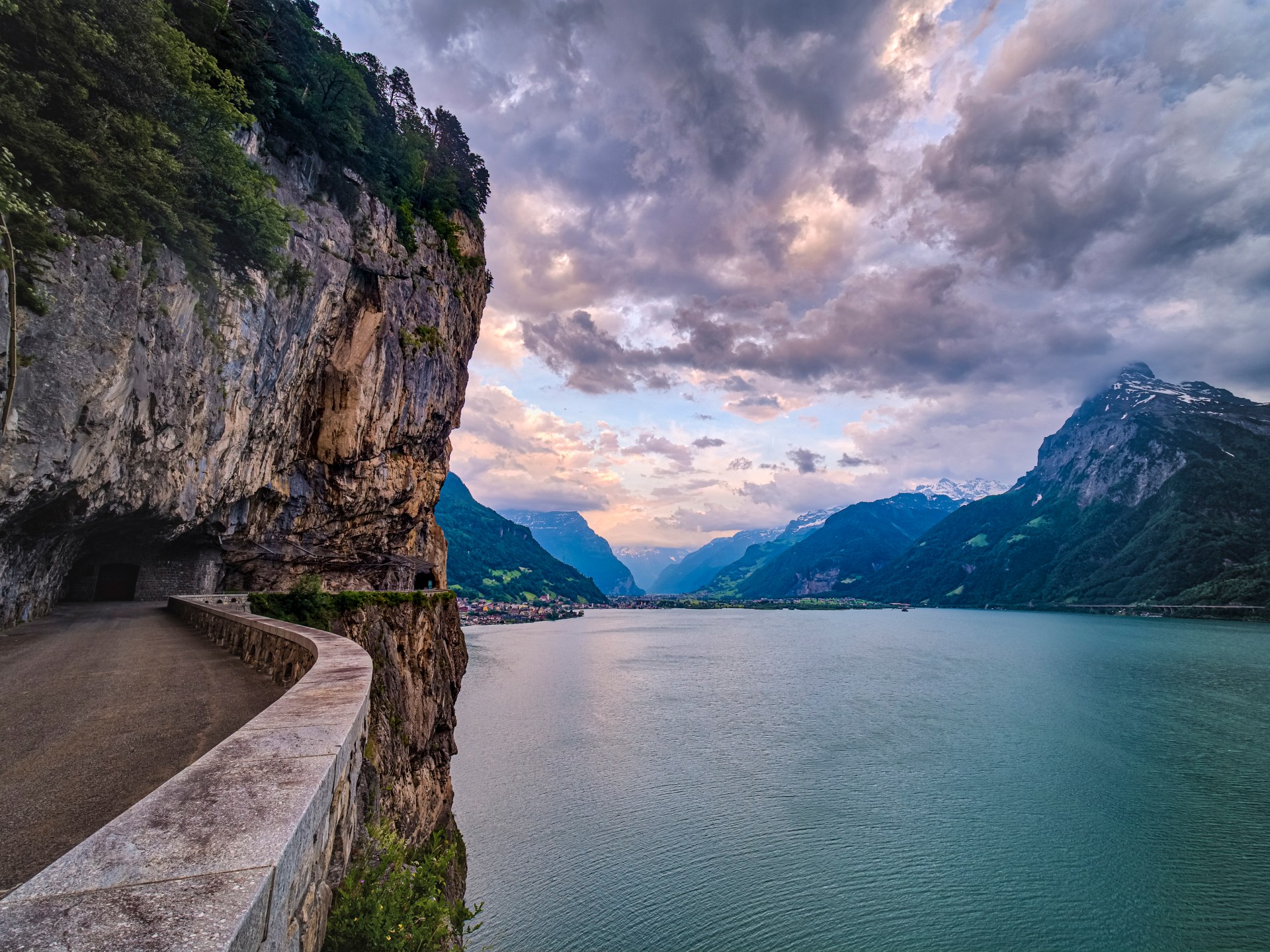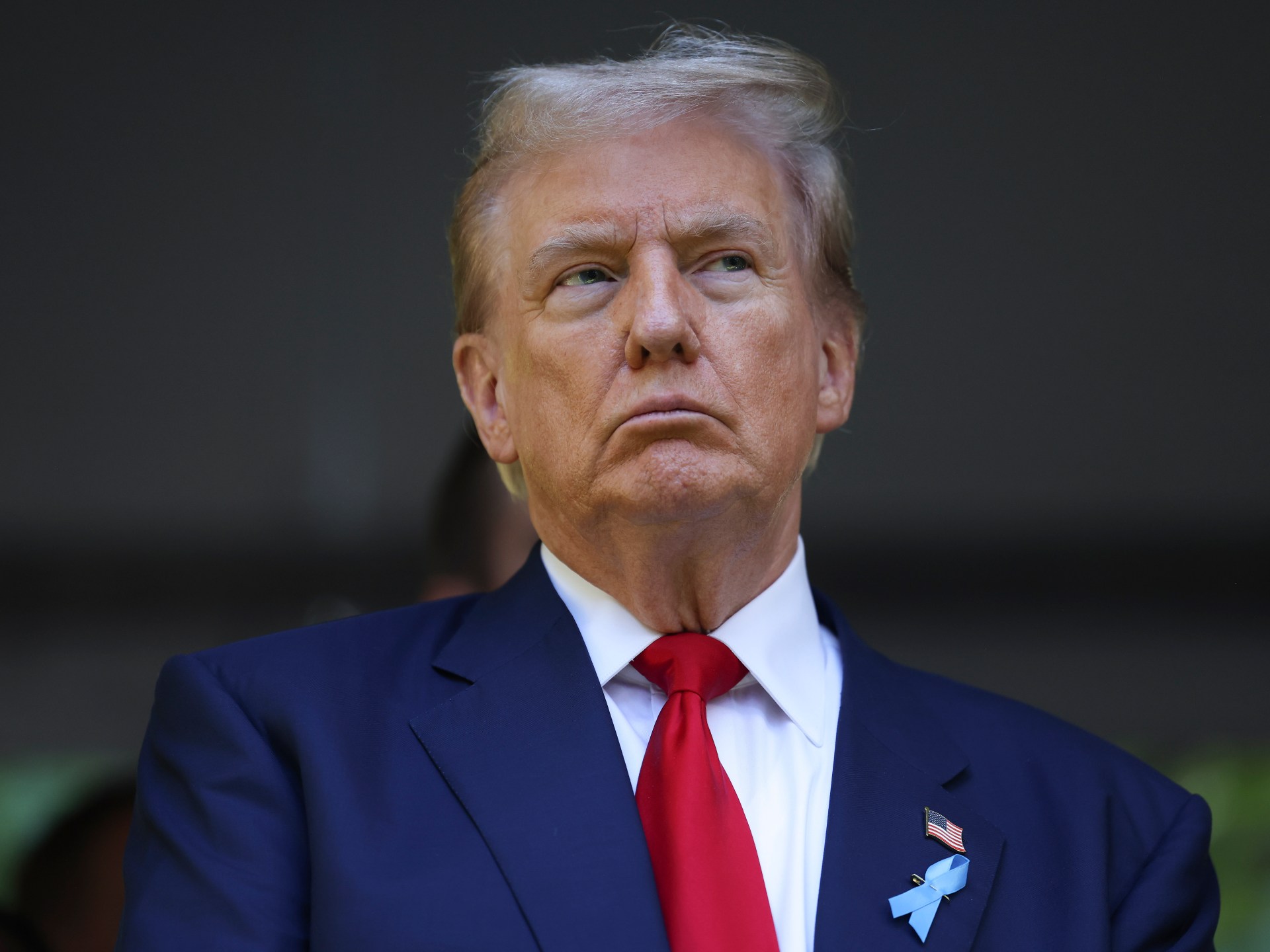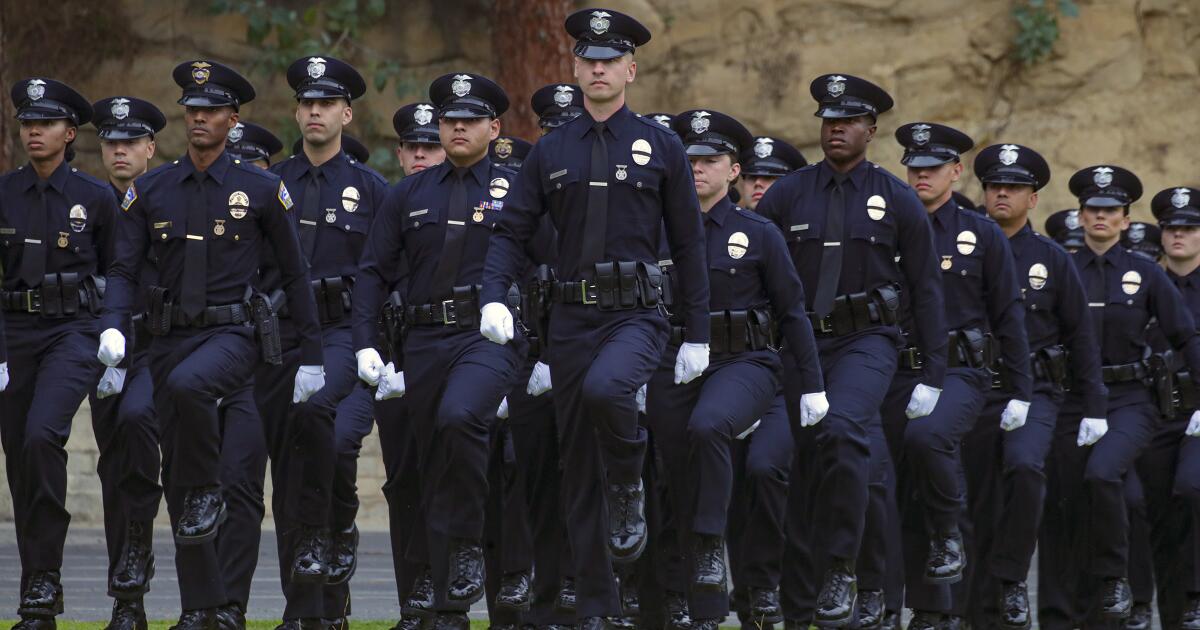The United States on Monday seized Venezuelan President Nicolas Maduro's plane in the Dominican Republic and flew him to Florida, saying he acted in violation of U.S. sanctions.
U.S. officials moved to seize the plane, a Dassault Falcon 900EX private jet used by Maduro and members of his government, with the Justice Department saying the aircraft was “illegally purchased.”
“The Department of Justice seized an aircraft that we allege was illegally purchased for $13 million through a shell company and smuggled out of the United States for use by Nicolás Maduro and his cronies,” Attorney General Merrick Garland said in a statement.
Aircraft tracking site Flight radar 24 It showed the plane flew from Santo Domingo to Fort Lauderdale on Monday morning.
Venezuela was rocked by protests after Maduro was declared the winner of a disputed July 28 election with more than 2,400 people arrested.
The opposition claims it won by a landslide and has the voting records to prove it.
Maduro's leftist government, ignoring accusations of authoritarianism, has resisted intense international pressure to release vote-count figures to back up its claim of victory.
“Maduro and his representatives have manipulated the results of the July 28 presidential election, falsely claimed victory, and carried out widespread repression to maintain power by force,” a spokesman for the US National Security Council said.
The seizure of the plane “is an important step to ensure that Maduro continues to feel the consequences of his misgovernance of Venezuela,” they added.
The United States, the European Union and several Latin American countries have refused to recognize Maduro's victory without seeing the detailed results of the vote.
The violence that accompanied the protests left 27 people dead and at least 192 injured.
Washington has imposed sanctions on Venezuela since 2005 targeting individuals and entities “that have engaged in criminal, anti-democratic, or corrupt actions,” according to a congressional briefing document.
“In response to increasing human rights abuses and corruption by the government of Nicolás Maduro, in power since 2013, the Trump Administration expanded U.S. sanctions to include financial sanctions, sectoral sanctions, and government sanctions.”

